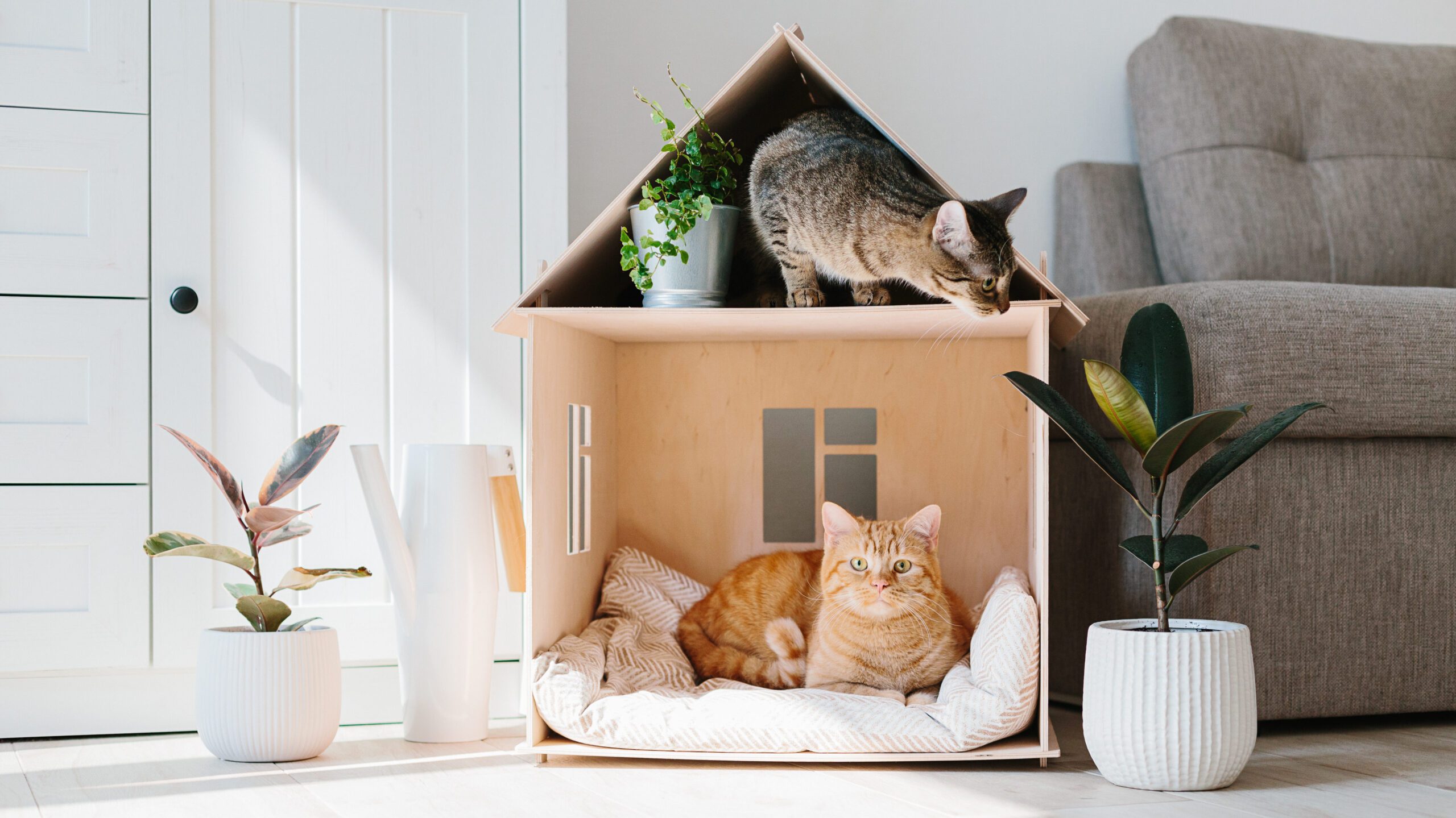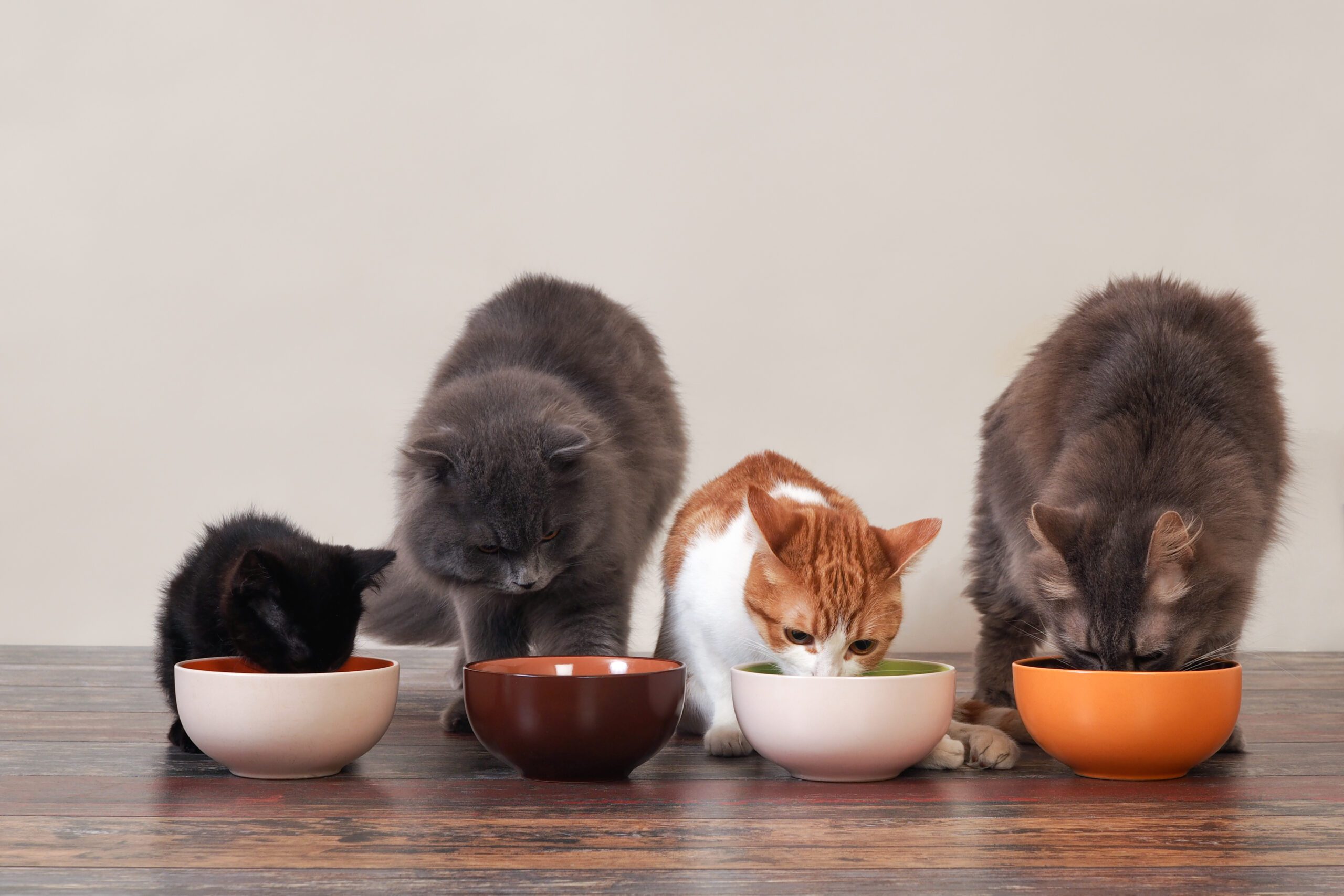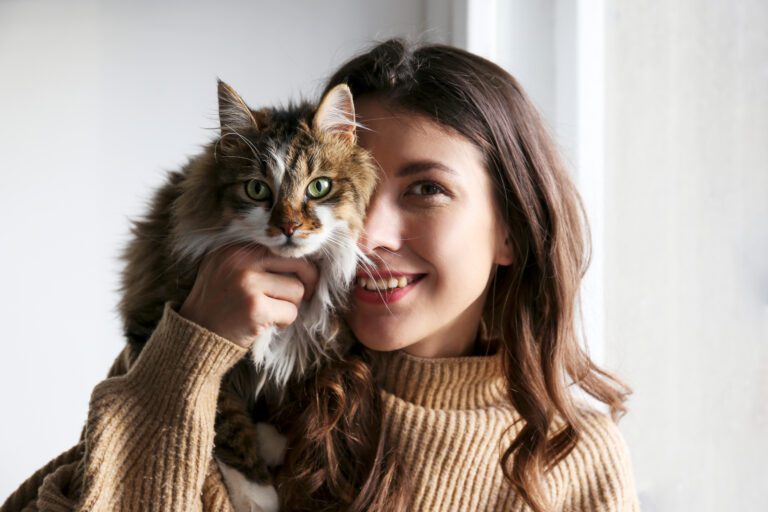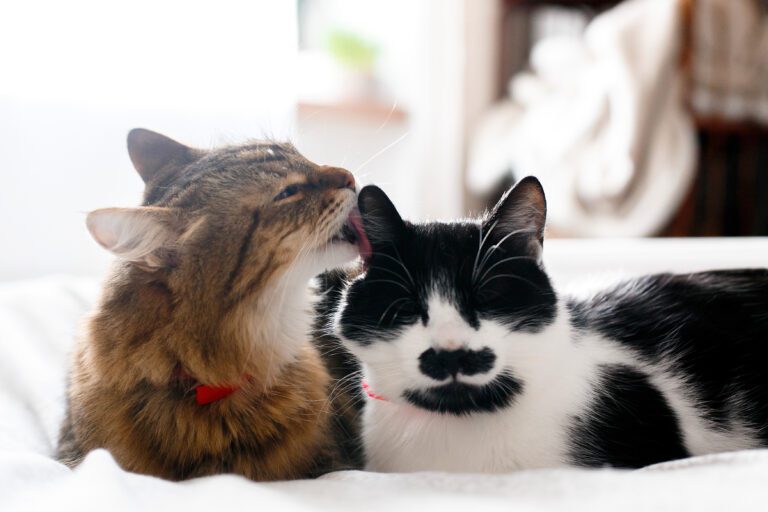Cats are curious creatures, known for their selective tastes and discerning palates. However, not all human foods are safe for our feline friends. As responsible pet owners, it’s essential to be aware of the potential dangers lurking in our kitchens. This article aims to provide a comprehensive list of hazardous foods for cats that could pose a threat to their health. Let’s dive in!
Hazardous Foods:
- Chocolate: Chocolate contains theobromine and caffeine, which are toxic to cats. Ingesting chocolate could lead to vomiting, diarrhea, rapid breathing, increased heart rate, tremors, and even seizures or death.
- Onions and Garlic: Onions and garlic, in any form (raw, cooked, powdered), can cause damage to a cat’s red blood cells, leading to a condition called hemolytic anemia. Symptoms may include weakness, pale gums, increased heart rate, and breathlessness.
- Grapes and Raisins: These seemingly harmless fruits can cause kidney failure in cats. Even a small amount of grapes or raisins can lead to symptoms like vomiting, diarrhea, lethargy, decreased appetite, and increased thirst.
- Alcohol: Alcohol affects cats much more quickly and severely than humans. Even a small amount can cause alcohol poisoning, leading to symptoms such as disorientation, lethargy, difficulty breathing, and, in severe cases, coma or death.
- Caffeinated Beverages: Similar to chocolate, drinks containing caffeine (coffee, tea, energy drinks) can be hazardous to cats. Ingesting caffeine can cause rapid breathing, heart palpitations, tremors, and potentially life-threatening conditions.
- Raw Eggs, Meat, and Fish: Raw eggs, meat, and fish may contain harmful bacteria like Salmonella or E. coli, which can lead to food poisoning in cats. Cooking these foods thoroughly before feeding them to your feline companion is essential.
- Milk and Dairy Products: Although many cats love the taste of milk, most felines are lactose intolerant. Consuming milk and dairy products can lead to digestive upset, including diarrhea and vomiting.

Other Hazardous Substances:
- Xylitol: Xylitol, an artificial sweetener found in many sugar-free products, is highly toxic to cats. It can cause a sudden release of insulin, leading to a dangerous drop in blood sugar levels. This could result in seizures, loss of coordination, and even liver failure.
- Bones: While cats are natural carnivores, cooked bones can pose a significant threat to their health. Cooked bones can splinter and cause choking, internal injuries, or blockages in the digestive system.
- Medications and Human Supplements: Certain medications and human supplements can be toxic to cats. It’s crucial to keep all medications out of your cat’s reach, and never administer any medications without consulting a veterinarian.

Before you go…
As a responsible cat owner, it’s essential to prioritize your feline friend’s well-being. Avoid feeding them hazardous foods and ensure they have a balanced and nutritious diet appropriate for their species. If you suspect your cat has ingested something toxic, contact your veterinarian immediately. By staying vigilant and informed, you can protect your beloved cat from potential health hazards and ensure a long and happy life together.
This list is by no means exhaustive, so there could be other foods or plants that are harmful for cats to ingest. Please do your research before bringing anything new into your home that your cat could potentially have or get access to.
Click here to learn about how to enroll in pet insurance!






